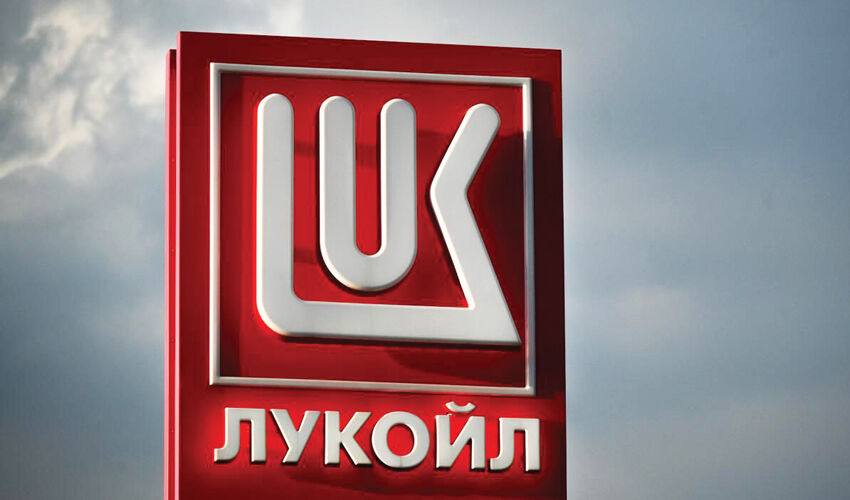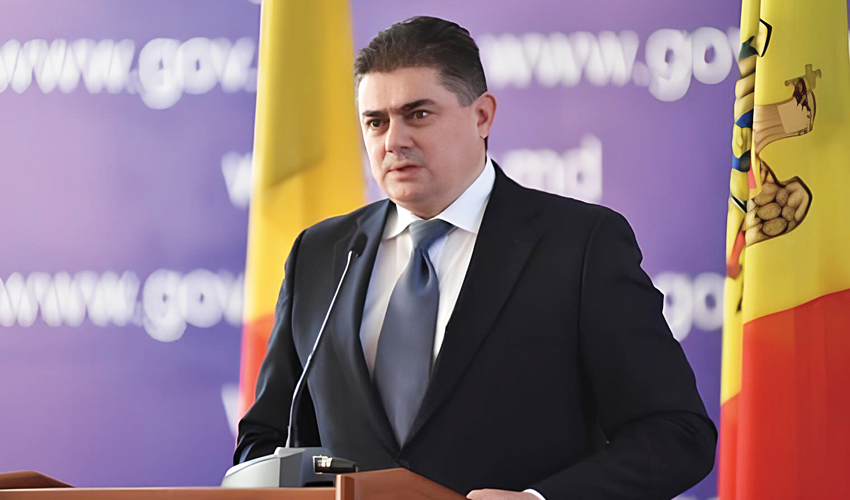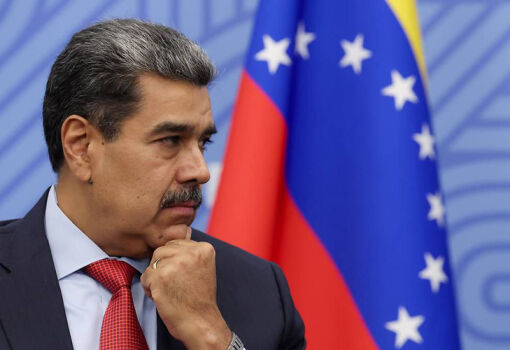
The restrictions against Lukoil also apply to all enterprises owned 50% or more by the company, directly or indirectly. Lukoil operates in more than 30 countries, including Moldova, Bulgaria, Romania, Serbia, Croatia, Montenegro and Northern Macedonia. In Moldova, the company has, in addition to more than 100 filling stations, three petroleum product storage bases, including a gas terminal.
Analysts call the situation complicated. On October 30, Lukoil received an offer from Gunvor Group Ltd. to acquire LUKOIL International GmbH. This is Lukoil’s 100% subsidiary, which owns the group’s foreign assets. The company announced in its press release that it “accepted the offer, having undertaken not to negotiate with other potential buyers.” And Gunvor CEO Torbjorn Ternqvist, in case the deal is approved by US regulators, did not rule out resale of these assets to other companies.
Stas Madan, an economic expert, believes that the decision on a possible change of ownership of Lukoil’s assets in Moldova should be made with the participation of the Council for the Review of Investments Significant for State Security.
“The company has announced that it will sell all its foreign assets – this means assets in Moldova as well. We will see who will acquire them; in any case, the state has discretion on this, as there is a Council for the Review of Investments Significant for State Security – it is this Council that, in fact, obliged Lukoil to sell its stake in the airport. Any change in the shareholding of Lukoil Moldova can only take place with the approval of the government through this council,” Madan said on the ZdCe podcast.
Prime Minister Alexandru Munteanu also did not rule out the possible nationalization of certain assets: “There are different solutions. We are thinking which way will be the best, because we need to respect our obligations and act within the law.” Although Energy Minister Dorin Jungietu said earlier that this is an extremely delicate issue in international practice, which is usually accompanied by very long trials and the resulting costs.
Observers note that there is virtually no doubt that the current Moldovan authorities would very much like to transfer Lukoil’s assets in Moldova to Romanian oil traders, as they do with all other major infrastructure facilities of the country. And for sure, the “underhand” struggle for these assets is already underway. At the same time, they exclude the possibility that Rompetrol will buy them – they use only leased gas stations. So the most likely buyer is Petrom. It remains only to watch the development of the situation.
It should be noted that Lukoil is the second largest operator of the oil products market in Moldova.
And, according to some experts, its possible withdrawal from the market will destabilize its activity (for some time). According to other observers, taking into account the great competition of gasoline filling station networks in Moldova, there will be no special negative effects. The issue is much more serious with the supply of fuel to the Chisinau International Airport, where the only fuel supplier is the Russian company Lukoil,
The National Energy Regulatory Agency, after a meeting with representatives of Lukoil-Moldova to clarify issues related to the current organizational situation, assured that it is closely monitoring international developments and will take all available measures to “ensure predictability, stability and security of oil products supply in the country”.
The Moldovan government is also closely monitoring the situation with the supply of oil products to the Chisinau International Airport. Prime Minister Alexandru Munteanu emphasized the need for a balanced approach and actions within the law, also taking into account the state’s commitments.
“You know that we depend, I mean, on kerosene supplies for the Chisinau airport. Therefore, it is necessary to find a reasonable solution that would guarantee our safety. The airport is the country’s gateway and we cannot leave it without supplies, but we are thinking about this issue,” the prime minister said.
Regional Development and Infrastructure Minister Vladimir Bolia assured that the Chisinau International Airport will not be left without fuel and that the situation is fully controlled.
“Moldova has set up a working group that is closely monitoring the situation, because we are talking about a supplier of oil products – gasoline, diesel and liquefied gas, which has a very big share in the market, about 110 gas stations to serve individuals out of about 570 gas stations. So it is a major player and economic agent at the national level, as well as an importer and wholesaler of petroleum products. This working group is fully monitoring the situation and I believe that, given its importance for the national economy as an importer and exporter, we should especially take into account that it is the only importer and seller of petroleum products for Chisinau airport”.

Logos Press asked Octavian Calmic, ex-Minister of Economy and former member of ANRE’s Board of Directors, for a comment.
“Things are much more complicated with the sale of assets, because here you need a strategic concept on the part of the authorities. The infrastructure that exists on the airport’s territory is owned by the state. Therefore, there can be different scenarios, starting with nationalization or use in exceptional cases by state authorities, followed by legal elaboration. That is, we are talking about the situation of maintaining the current status.
As for supplies, the risks are extremely high – the safety of air transportation is under threat. There are practically no opportunities to substitute these supplies, because the nearest suppliers of oil products are focused on their domestic market. I am referring to supplies from Romania and from Bulgaria. In the European market, new supplies from other sources are impossible, given the crisis situation in the region. We cannot get products from other sources. Earlier there was a possibility of supplies from Ukraine, but there are internal difficulties there. Accordingly, we can only count on limited volumes of kerosene for short periods for the domestic market. This may create certain limitations in customer service by local companies”.
At the same time, Octavian Calmic believes that with the participation of the authorities and in dialog with partners from European countries, a solution can be found in the medium term, although the topic is extremely sensitive:
“In case of drastic actions in a short period of time, a negative effect on the market is possible. But we should assume that with the participation of external factors, transitional periods will be established so that consumers and importers can adapt to this situation”.
Summarizing the above, for the next two weeks we can predict two options for the development of events.
The first. The US Treasury Department’s Office of Foreign Assets Control (OFAC) authorizes the sale of the Russian giant’s foreign assets to Gunvor Group Ltd. In this case, the latter automatically becomes its legal successor, including in Moldova. And continues to supply oil products under existing contracts, including jet fuel to the Chisinau airport. However, it is not excluded that it will have to obtain licenses to work on the market of our country.
But in this case all talks about possible nationalization and other similar actions become irrelevant and illegal. And obstacles in issuing licenses are a sabotage against the country’s energy security.
At the same time, Gunvor asks OFAC to extend the transition period from November 21 for six months. If the U.S. regulator agrees to this, the change of ownership goes almost unnoticed: Lukoil continues to supply the company for some time, and Gunvor gradually switches to itself. If the deadline remains, the responsibility falls on the buyer, which is unlikely to scare him. Gunvor is an international energy company whose assets include oil refineries, pipelines, terminals, fuel transportation vessels, etc. It operates in more than a hundred countries, and supplying the Moldovan market with diesel fuel and kerosene is unlikely to be a big problem for it.
In the first scenario, Gunvor may decide to sell its assets in Moldova. This is when the Council for the Review of Investments Significant for State Security will have to step in and approve or disapprove the buyer.
The most unpleasant is the second option, in which OFAC does not approve the sale of assets of Gunvor Group Ltd. What will happen in this case is even hard to imagine, taking into account that Lukoil supplies Moldova with 20% of gasoline, 50% of diesel fuel and 100% of aviation kerosene. Then, indeed, there may be temporary disruptions in fuel supply, including for aviation.
So, the Moldovan government has justifiably taken this issue under its control and is monitoring the situation.
Igor Fomin,
Svetlana RUDENKO



